The Irish Grassland Association meeting held last week in Charleville laid out the income implications of the new “banding“ regulations with brutal clarity.
Not every dairy farmer will be affected to the same extent, but for those that are, the crude measure of litres produced per cow is setting a limit to the output of organic nitrogen produced.
This will force farmers, many of whom are stocked well within the carrying capacity of their farms, to either reduce the number of cows carried or else rent extra land.
We can already see this need for extra land distorting the land rental market, putting unnecessary pressure on other sectors, and of course giving windfall gains to those with spare land available to rent or lease.
Blunt
This policy is very blunt, particularly for higher yielding herds with no differentiation placed on a herd producing 6,400l/cow and 10,000l/cow.
I can understand the environmental desirability of placing a limit on the amount of nitrates seeping into ground water, but we already know that various soil types have varying capacity to impede the travel of organic nitrate through the soil to the ground water while retaining the nutrients to stimulate grass growth in the growing season.
New work is also showing that differing sward types can also use organic nitrates more efficiently than others.
I don’t understand why individual farmers cannot make a case that they be allowed submit data relevant to their own farms and production systems, as it is the surplus N that causes deterioration in water quality.
Efficiency
In many cases, efficiency on dairy farms has been achieved after significant investment in housing, slurry and effluent storage facilities, as well as animal breeding.
Recent Teagasc National Farm Survey results have shown we have built up by and large a prosperous dairy farming sector capable of attracting the next generation of young farmers.
We should do all we can to maintain this incentive rather than destroying it. We may be among the last in Europe to introduce this banding concept, but our grass-based production system is fundamentally different.
The current proposals are too blunt and are happening too quickly without appropriate lead-in time. In addition, they may well push some dairy farmers into an increased emphasis on Jersey cross cows, which is not desirable from a national beef industry point of view.
How is it that measures farmers are taking now won’t have time to take effect before the mid-term water quality review later this year?
What is most regrettable is the apparent political determination to restrict and hinder our most internationally competitive farm enterprise instead of looking for ways to build on its success, while of course safeguarding the broad environment. The two objectives are not mutually incompatible.




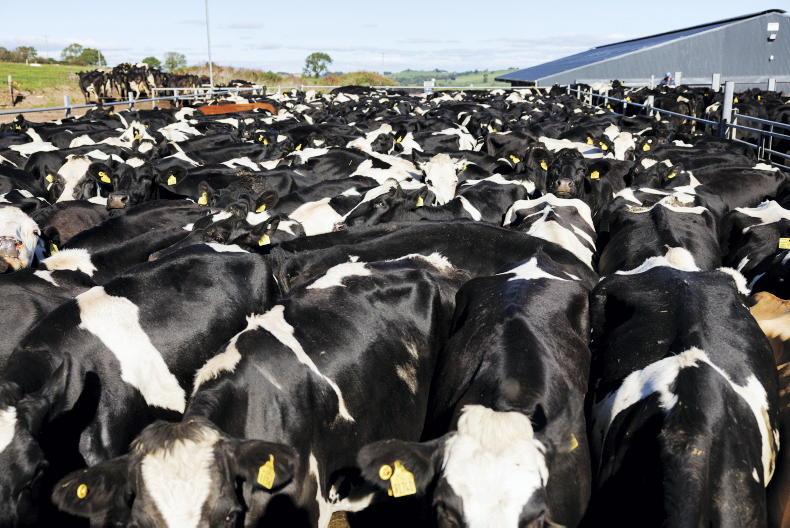
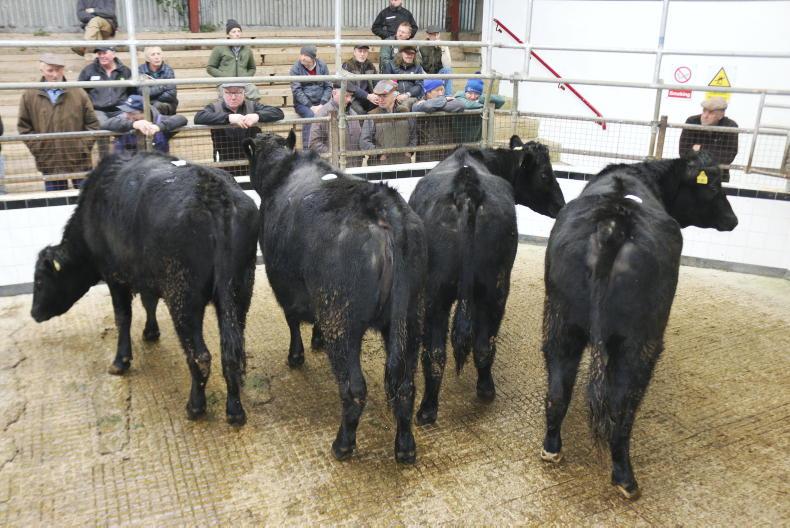

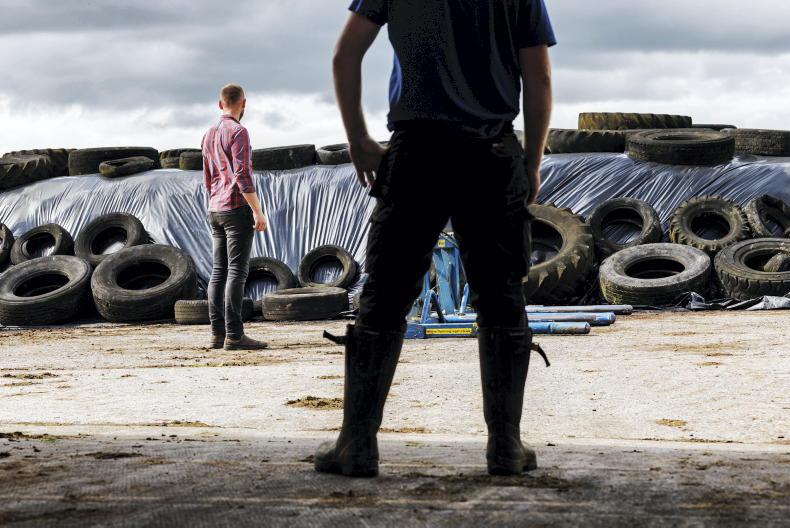
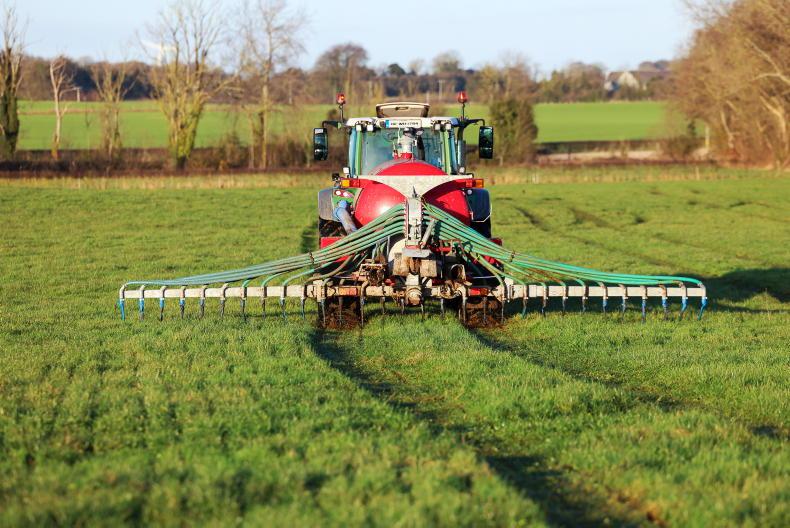
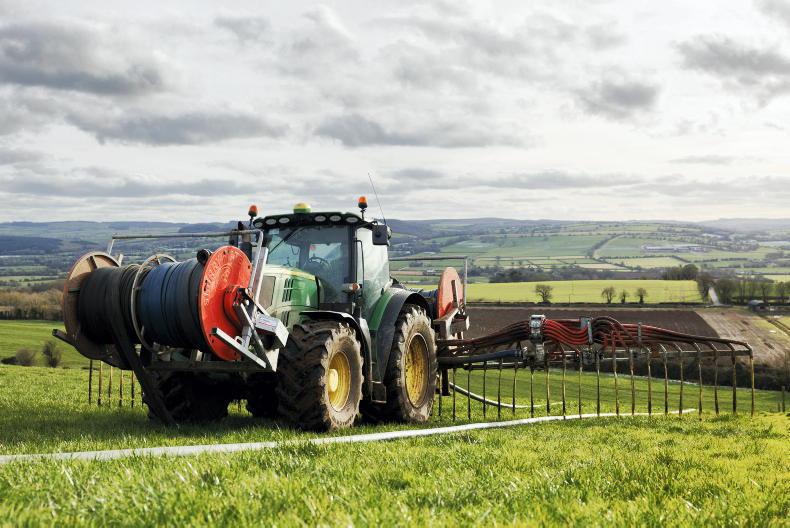
SHARING OPTIONS